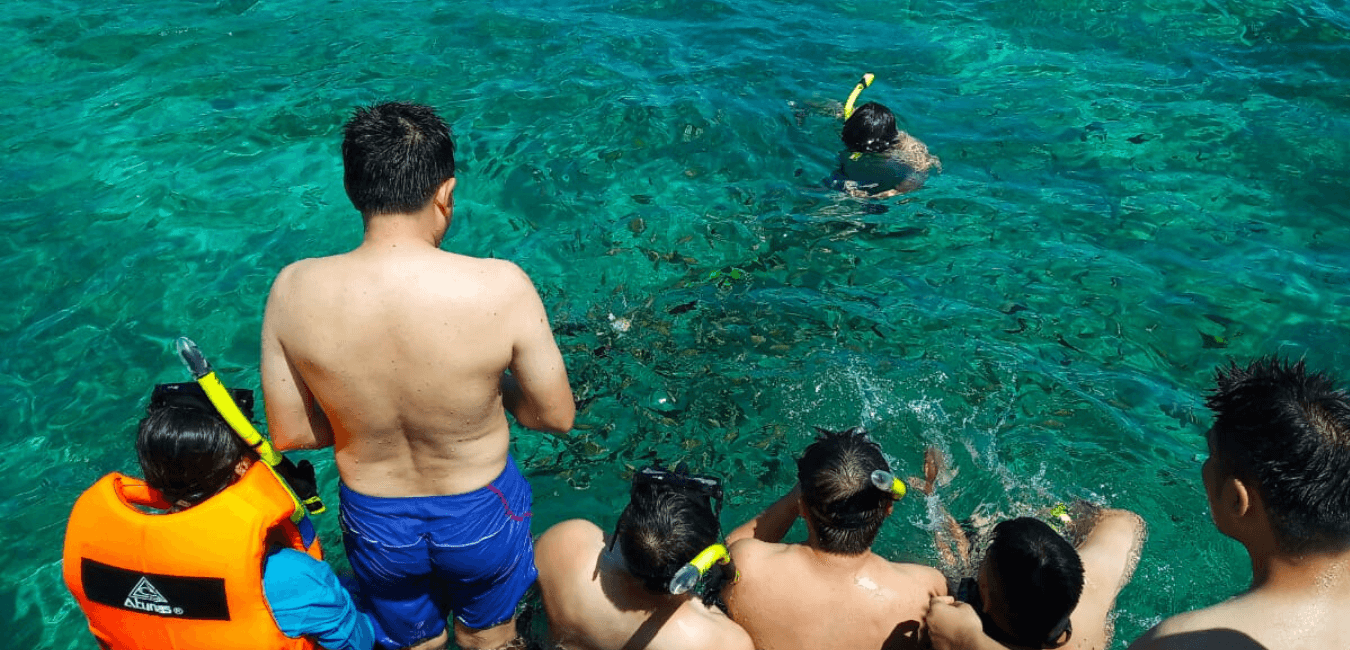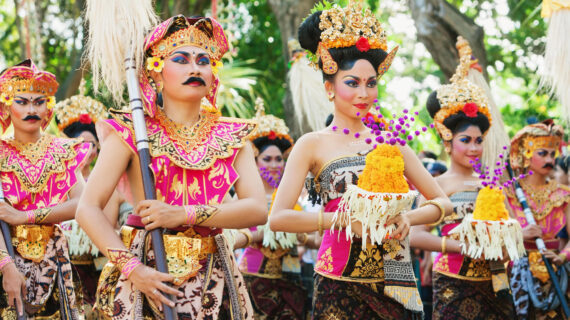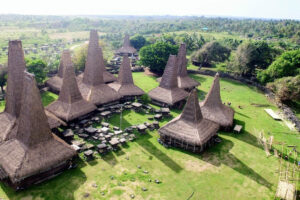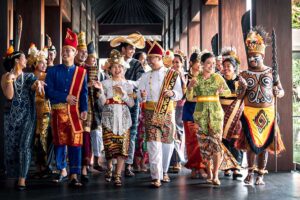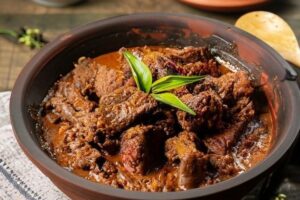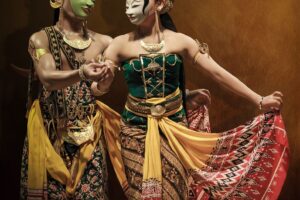Indonesia, a nation renowned for its rich cultural tapestry, is home to over 300 ethnic groups and 1,340 distinct tribes. This diversity is vividly reflected in the traditional rituals that mark significant life events such as birth, marriage, and death, as well as seasonal celebrations like harvest festivals. These ceremonies are not only deeply symbolic but also serve as vital tools for maintaining social cohesion within communities. From Aceh in the west to Papua in the east, each province has its own unique set of customs, passed down through generations.
The Significance of Traditional Rituals
According to Dr. Jumardi MPd and Andi MPd in their book Sejarah Lokal: Memahami Warisan Budaya Kita, traditional rituals are cultural practices that signify important life events. They carry deep symbolic meanings and play a crucial role in reinforcing social bonds. For instance, a birth ceremony welcomes a new member into the family, while a wedding celebrates the union of two individuals. Death rituals, on the other hand, serve as a means of farewell to the departed. Additionally, many communities hold rituals of gratitude for bountiful harvests, showcasing the deep connection between people and nature.
Unique Traditions by Province
Aceh
Aceh is known for its religious and cultural ceremonies, such as Peusijuek, Meugang, and Kenduri Beureuat. These rituals often involve traditional processions and prayers, reflecting the region’s Islamic heritage and local customs.
Sumatera Utara
The Nias people of North Sumatra perform the Lompat Batu ritual, which marks the transition of a young man into adulthood. This practice, still observed today, involves jumping over stones as a test of strength and maturity.
Sumatera Barat
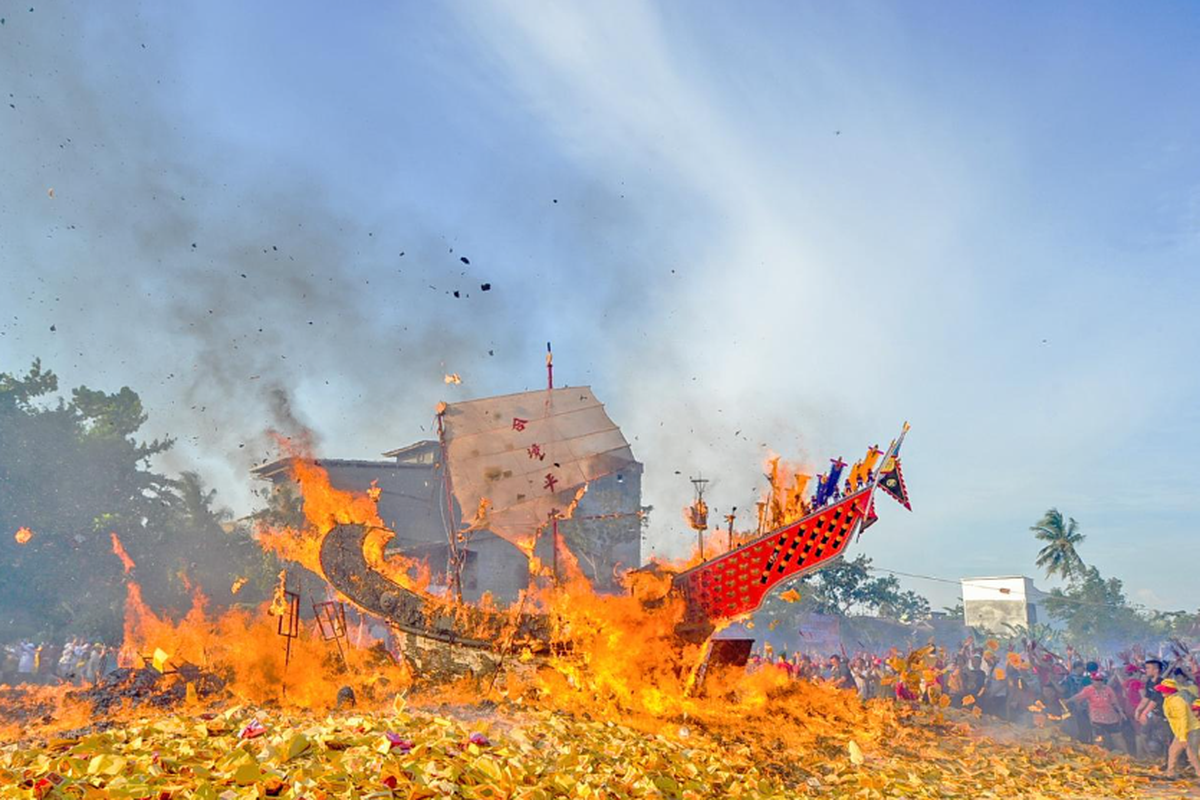
In West Sumatra, the Pesta Tabuik is a vibrant celebration held in honor of the Prophet Muhammad. Another notable tradition is Turun Mandi, a ritual performed to express gratitude for the birth of a child.
Riau
The Bakar Tongkang ritual in Riau is a Tionghua tradition held annually in June to commemorate the arrival of ancestors. It involves burning a boat symbolizing the journey of the forefathers, followed by prayers to the sea god.
Banten
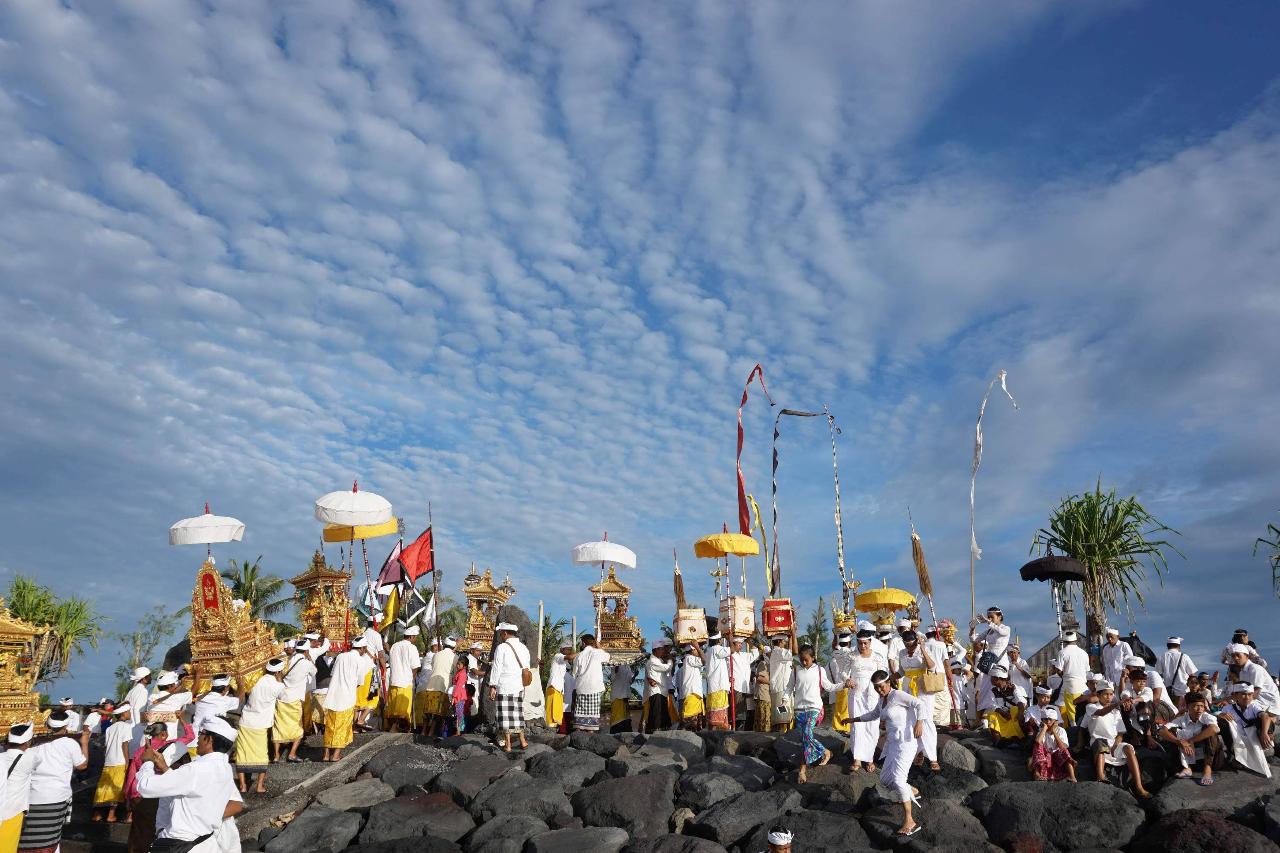
The Baduy people of Banten observe the Kawalu ritual as an expression of thanks to the divine for a successful harvest. This ceremony includes offerings and the burning of incense to honor ancestors.
Yogyakarta
Sekaten is a traditional festival in Yogyakarta held during the month of Mulud. It is closely tied to the spread of Islam in Java and is celebrated with processions, music, and dance at the royal courts.
Bali
Melasti is a Hindu ritual in Bali where devotees purify themselves by bathing in sacred waters. This ceremony is conducted before Nyepi, the Day of Silence, and emphasizes environmental stewardship.
West Nusa Tenggara
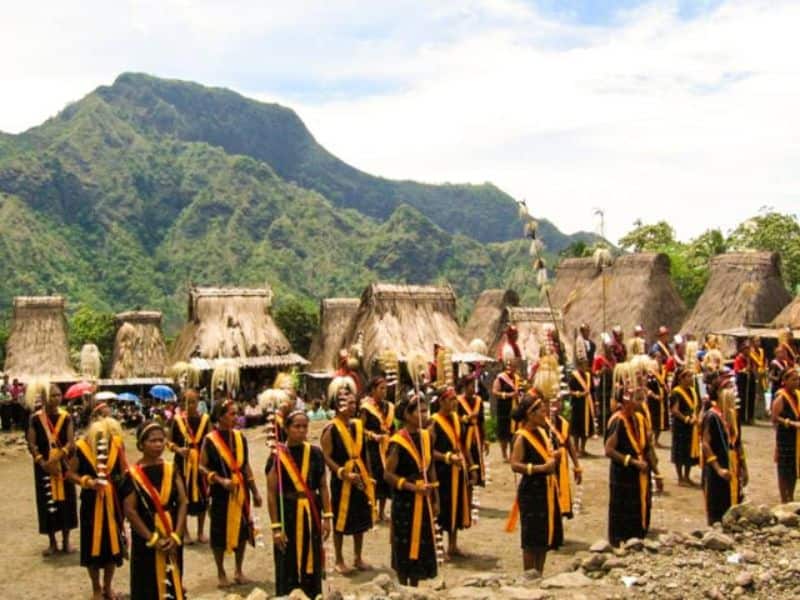
The Nyale fishing festival in Lombok is a unique event where the community gathers to catch the spawning fish, symbolizing fertility and abundance. It is accompanied by traditional dances and songs.
East Nusa Tenggara
Reba is a New Year celebration in Flores, featuring animal sacrifices, ancestral offerings, and communal feasts. It reflects the deep spiritual and communal values of the local people.
Papua
In Papua, the Bakar Batu ceremony is a significant event where large stones are heated and used to cook food, symbolizing unity and hospitality. This ritual is often held to welcome guests or celebrate special occasions.
Conclusion
Indonesia’s traditional rituals are more than just cultural expressions; they are living testaments to the country’s diverse heritage. Each province contributes its own unique customs, reflecting the values, beliefs, and histories of its people. These ceremonies not only preserve the past but also foster a sense of identity and belonging among communities. As globalization continues to shape modern life, it is essential to protect and promote these traditions to ensure they remain a vibrant part of Indonesia’s cultural landscape.
